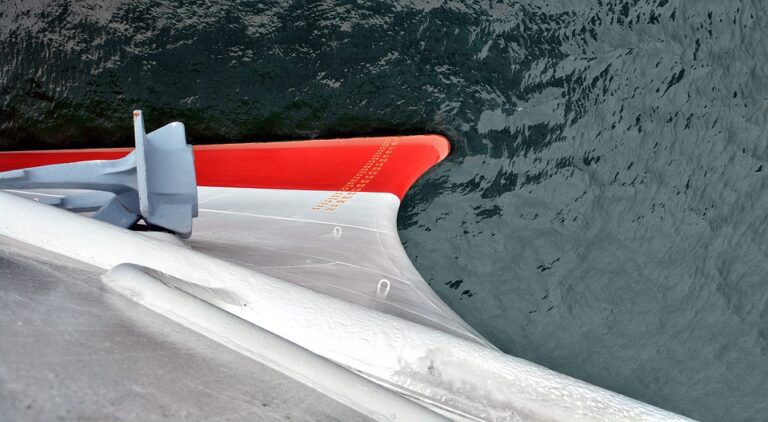Trade and employers’ association Danish Shipping has adopted a new policy on biofouling management, recommending its members to follow International Maritime Organization (IMO) guidelines, which are currently not mandatory.
Trade and employers’ association Danish Shipping has adopted a new policy on biofouling management, recommending its members to follow International Maritime Organization (IMO) guidelines, which are currently not mandatory.
The association—which has nearly 90 members including shipping and offshore companies—said it ‘strongly’ supports IMO guidelines on biofouling management to protect vulnerable marine ecosystems and the biodiversity of the seas. Biofouling is a major factor in the spread of invasive species.
Tiny algae and barnacles stuck on the hulls of ships can spread invasive species over vast distances and cause problems in marine ecosystems on the other side of the world.
Related Article
-
Jotun: 1 in 4 know little about biofouling
Environment
“There is a lot we can do to reduce the risk of moving invasive aquatic species into vulnerable marine ecosystems. We recommend regular monitoring and hull-cleaning using non-toxic long-lasting coatings and innovative hull design and technologies. Our ships travel vast distances, and we must make sure that we do not carry invasive species with us and damage marine ecosystems on our journeys,”Nina Porst, Director of Climate, Environment and Security at Danish Shipping, commented.
So-called biofouling on the hulls of ships is not only a potential threat to vulnerable marine ecosystems, but it also causes increased fuel consumption, when there are things stuck to the hull (due to the increased friction).
Proper biofouling management reduces fouling, bio-security risks and fuel consumption. Danish Shipping recommends that its members follow IMO guidelines and keep records of their adherence.
Studies have shown that biofouling is a major factor in the spread of invasive species. And that even a small amount of fouling (like algae or barnacles) can increase drag by up to 55%, leading to a considerable rise in fuel consumption.
“We must take the appropriate steps to protect the marine environments that our ships travel through. By adopting a smart biofouling management plan, you not only help protect the environment, but you also reduce fuel consumption. It just makes good environmental and business sense to do so,” Porst stressed.
READ MORE
Content Original Link:
Original Source OFSHORE ENERGY
" target="_blank">



























































